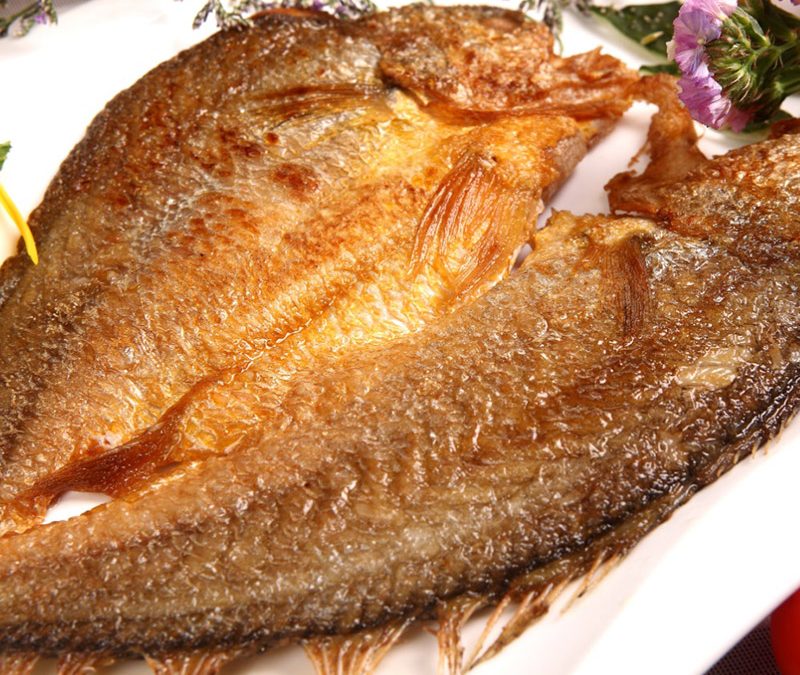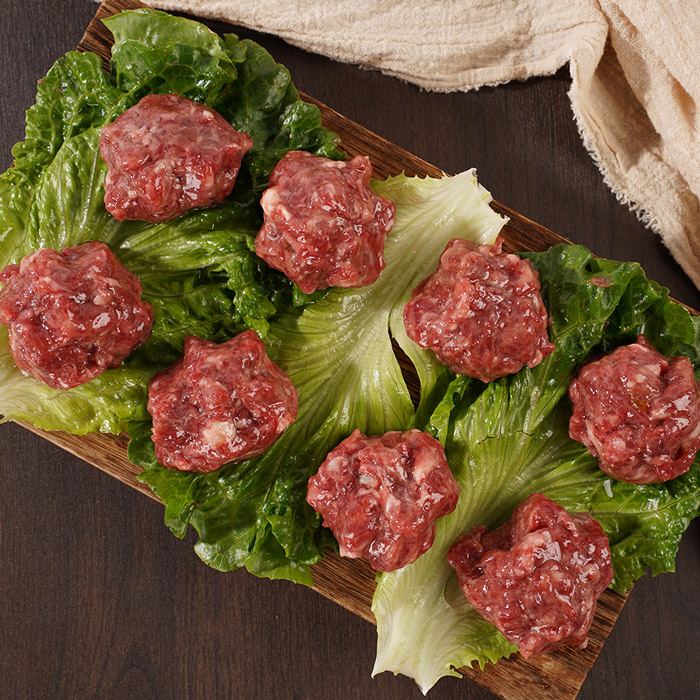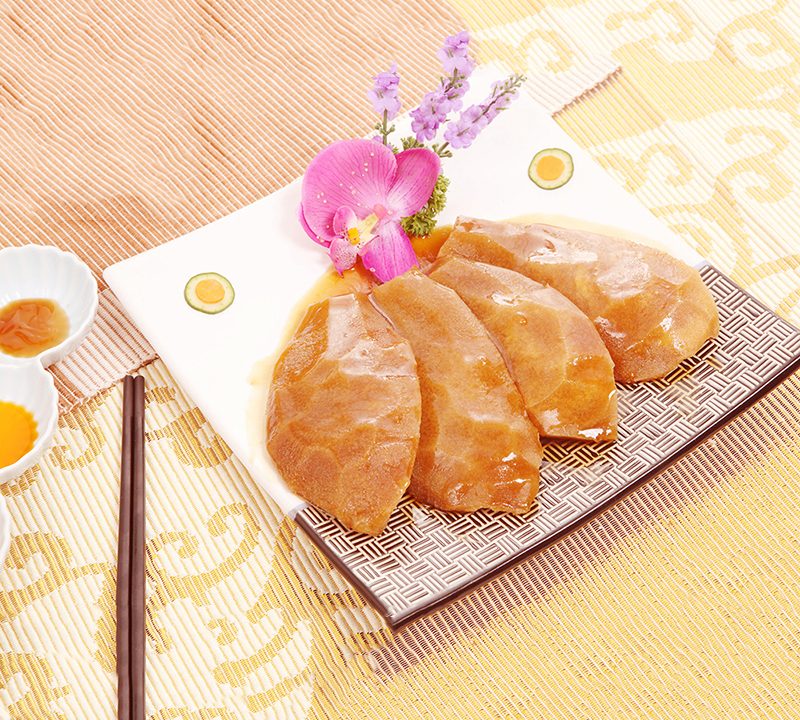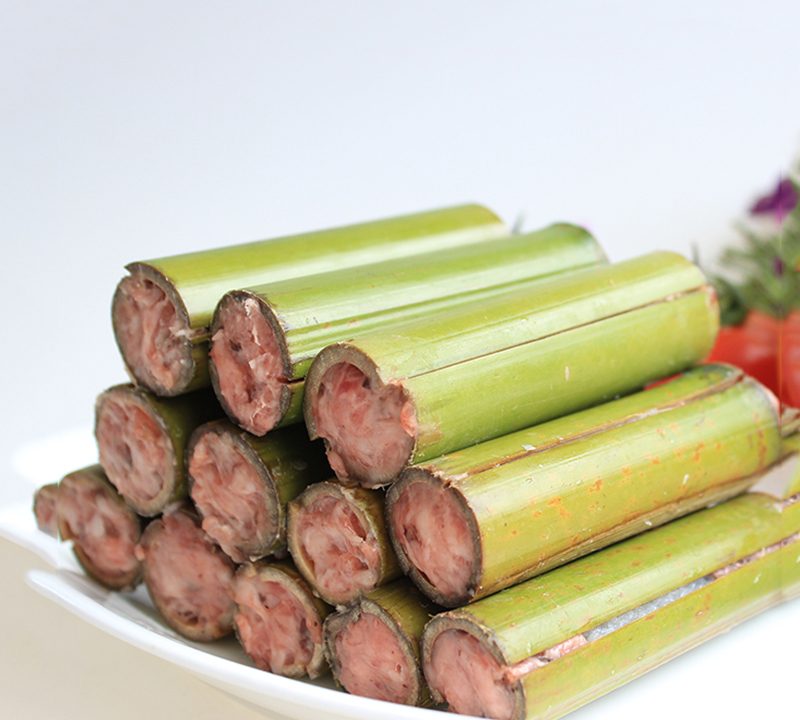Categories
Importing frozen foods from China to Singapore involves several steps and compliance with regulations from both countries. Here’s a step-by-step guide to help you through the process: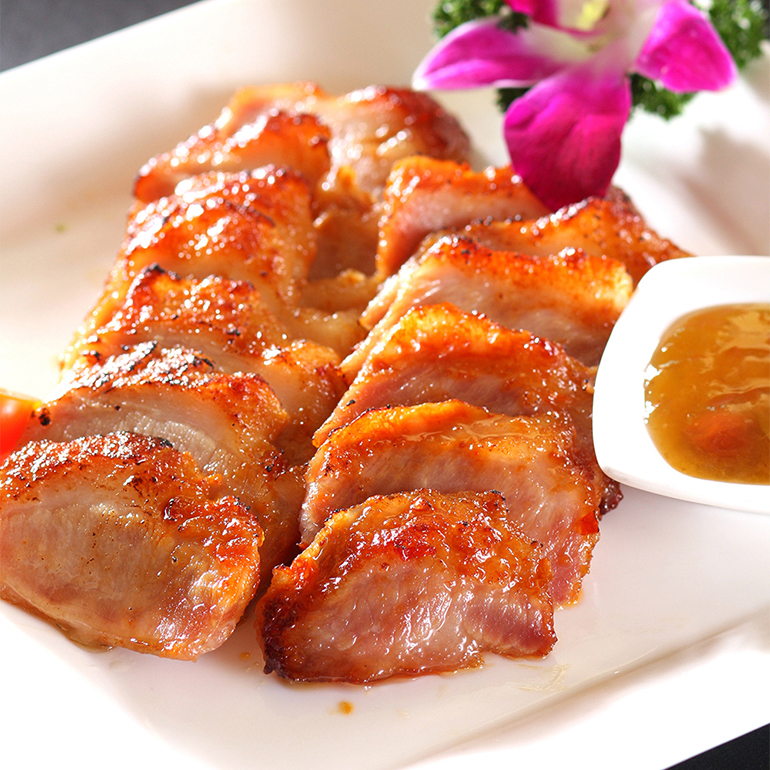
1. Market Research and Product Selection
- Identify Products: Determine the specific frozen food products you want to import.
- Market Demand: Conduct market research to ensure there is demand for these products in Singapore.
2. Supplier Identification and Due Diligence
- Find Suppliers: Identify reliable suppliers in China. You can use platforms like Alibaba, trade shows, or industry directories.
- Due Diligence: Verify the supplier’s credentials, certifications, and reputation. Request samples to check product quality.
3. Compliance with Regulations
- Singapore Food Agency (SFA): Familiarize yourself with SFA regulations for importing food products. This includes:
- Product Registration: Some food products require registration with the SFA.
- Labeling Requirements: Ensure that the product labels comply with Singapore’s labeling requirements, including ingredient lists, nutritional information, and allergen warnings.
- Health Certificates: Obtain health certificates from the Chinese authorities, which are required by the SFA.
- China Customs and Quarantine: Ensure that the products meet Chinese export regulations and obtain necessary export permits and health certificates.
4. Shipping and Logistics
- Choose a Freight Forwarder: Select a reliable freight forwarder who has experience in handling frozen food shipments.
- Temperature-Controlled Shipping: Ensure that the shipping method maintains the required temperature throughout the journey. This typically involves using refrigerated containers (reefers).
- Insurance: Consider insuring the shipment to protect against potential losses.
5. Customs Clearance
- Import Declaration: Prepare and submit an import declaration to the Singapore Customs.
- Documents Required:
- Commercial Invoice
- Bill of Lading
- Health Certificate
- Product Registration (if applicable)
- Import Permit (if required)
- Duties and Taxes: Pay any applicable duties and taxes. Check the Harmonized System (HS) code for your products to determine the rates.
6. Inspection and Testing
- SFA Inspection: The SFA may conduct inspections and tests on imported food products to ensure they meet safety and quality standards.
- Sampling and Analysis: If required, provide samples for testing.
7. Storage and Distribution
- Cold Storage Facilities: Arrange for cold storage facilities in Singapore to store the frozen foods until distribution.
- Distribution: Set up a distribution network to get the products to retailers or end consumers.
8. Ongoing Compliance and Monitoring
- Regular Audits: Conduct regular audits of your suppliers and logistics partners to ensure ongoing compliance with regulations.
- Stay Updated: Keep up-to-date with any changes in regulations from both China and Singapore.
Additional Tips
- Local Partners: Consider partnering with local distributors or agents in Singapore who have experience in importing and distributing food products.
- Certifications: Look for suppliers who have relevant certifications such as HACCP (Hazard Analysis and Critical Control Points) and ISO 22000, which can help in ensuring the quality and safety of the products.
Resources
- Singapore Food Agency (SFA): SFA Website
- China Customs: China Customs Website
- Trade Associations: Join trade associations that can provide support and guidance, such as the Singapore Food Manufacturers’ Association (SFMA).
By following these steps and ensuring compliance with all regulations, you can successfully import frozen foods from China to Singapore. If you encounter any specific issues, consider consulting with a professional customs broker or legal advisor who specializes in international trade.

